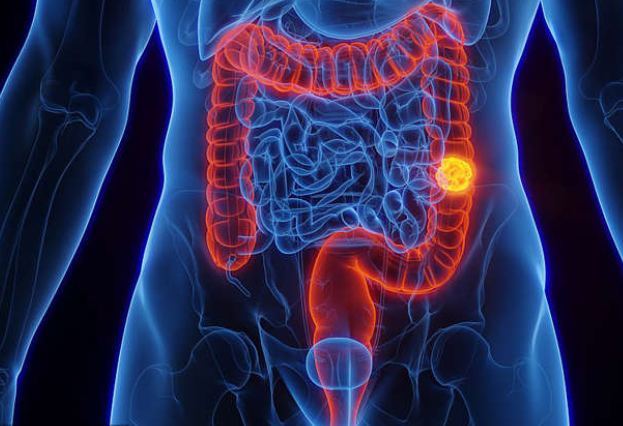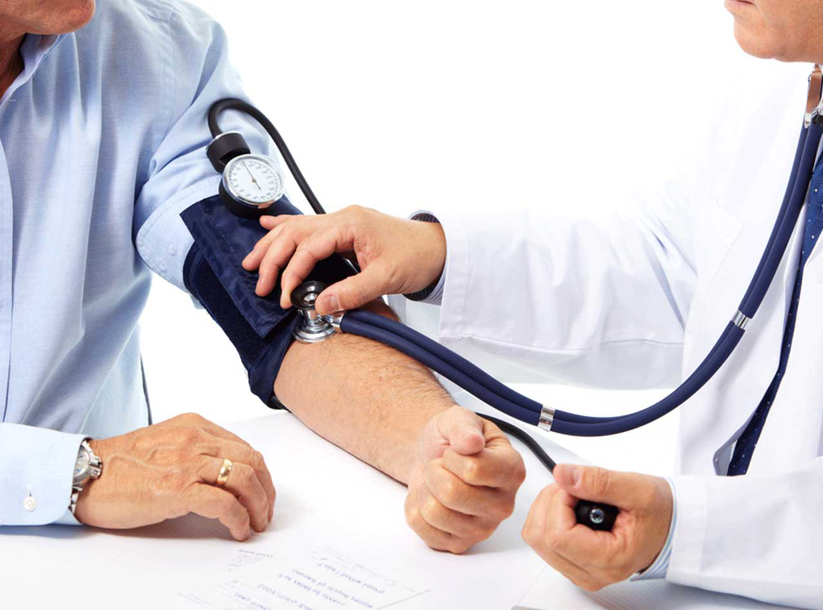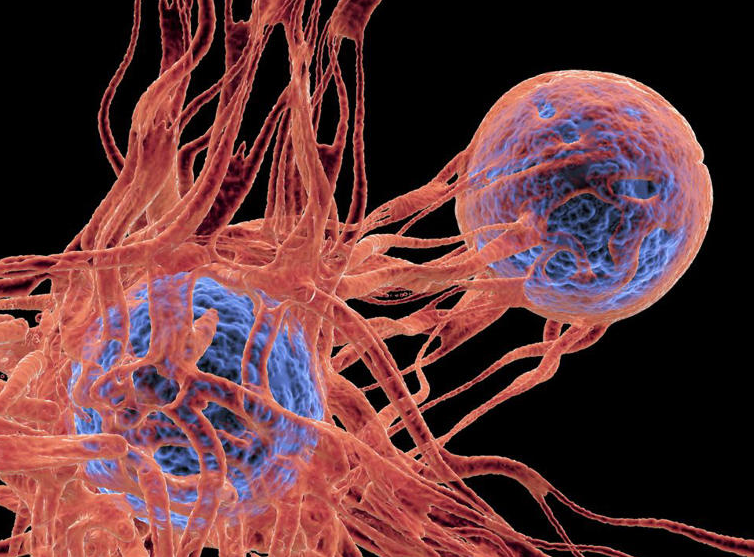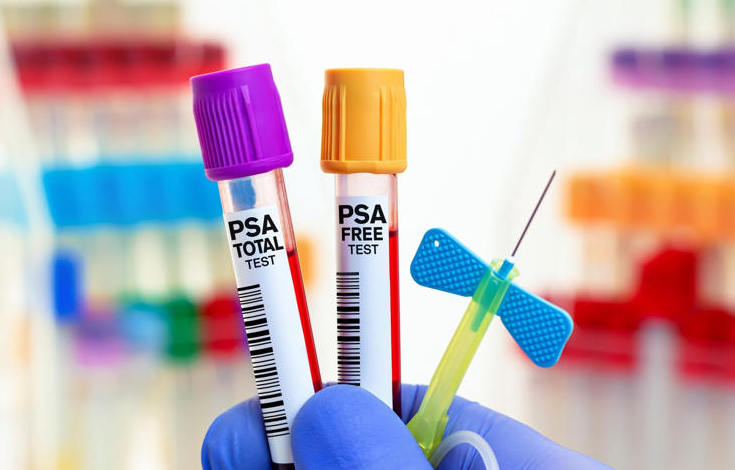Unlike the glamorous doctors portrayed in the likes of Scrubs or Grey's Anatomy, being a doctor in the NHS if far from what you see on TV. I too was naive, distinctly picturing myself as one of those super-humans cast by Hollywood to save lives & charm nurses. Instead, the reality is that I’m more likely to be found behind a computer screen, bags under my eyes, dehydrated & disorientated - trying to avoid the Matron’s glare for not having prescribed the paracetamol she requested 20 minutes ago for her patient.
I’ve worked as a doctor for 2 years, in the role of a so-called ‘Junior Doctor’. In that time, I’ve worked in both hospitals & in the land of General Practice. In doing so, I’ve developed a distinct passion for men’s health. In particular, I found that I was able to make men feel comfortable talking about personal or embarrassing issues quite quickly, tackling the anxiety, stigma & reluctance from men to seek medical advice.
In turn, I’m going to cover a topic which personally - I’ve seen strike genuine fear & terror into the eyes of many men - the dreaded “rectal exam”. By doing so, I hope to explain why exactly we insist on performing such an unseemly act, but also what it’s like to be the one wearing the gloves.
Ok, so picture the scene: It’s 8pm & I’m about to start a 12 hour night shift in the hospital. In order to survive the night, I’ll need food, comfortable shoes & of course - plenty of lubricant. Why? Performing a rectal exam is inevitable. It’s an essential ‘routine’ examination that provides us with key clinical information, without requiring any special blood tests or scans. It’s simple, free & very fast - helping us decide the next step in the management plan.
So firstly, lets focus on the WHY? There are really only 2 reasons that we as doctors need to perform a rectal exam:
- There is a problem with the bowel: for example bleeding from the back passage, abdominal pain or a change in bowel habit. In these circumstances, I would want to assess if I an identify a cause for the bleeding/pain or perhaps feel any lumps or bumps.
- There is a problem with the prostate: The prostate gland is approximately the size of a walnut, located between the bladder & the penis. With age, it gets bigger & can obstruct the tube with enables urine to pass from the bladder to the penis . If this happens, it can cause hesitancy, poor flow or at worst - a total inability to pass urine.
So now that we’ve established the reasons why this examination is important, lets move onto the HOW…
Typically I’ll open with the line: “Ok Sir, so now I would just like to examine the back passage. This will involve me passing a single gloved finger into the back passage. It may be a little uncomfortable but it shouldn’t be painful - does that should OK?”.
Once I can confirm your consent, it’s essential that I ask for a chaperone to be present. This is typically a medical professional such as a nurse or a healthcare assistant, whom is simply there to observe my practice, given the intimate nature of the examination.
Next, I’ll stand behind the curtain/partition to allow you to undress & assume the appropriate position:- simply to lie on your left side, bringing your knees towards your chest. This simply helps open up the rectum - ensuring the prostate gland can easily be felt.
Meanwhile, I’ll wash my hands, down a pair of gloves & lubricate 1 finger. Once you indicate you’re ready for me to begin the examination, I gently insert my index finger, about 3-4cm within the rectum feeling all four walls of the bowel, to include the prostate gland which sits along the back wall of the rectum.
It total it lasts about 10-15 seconds.
So now what?
Based on what I find from the examination, I can then work out the next step in the management plan. For example :- If I found a haemorrhoid - then I could provide some reassurance & organise follow up with your GP. If I found an enlarged prostate, I would likely want to prescribe some medications & make a referral to a urology outpatient clinic. Or perhaps if I found a mass, I would want to order some scans.
Again, it’s important to emphasis that we perform this examination daily! Yet, people still ask, “Do you ever get embarrassed?” My answer is simple - No! Very little shocks me & it’s important that we as doctors make the patient the priority, ensuring they feel comfortable. We’ve seen it all before!
I hope this little insight has helped alleviate some of the fear that many of you men have surrounding this intimate examination. It’s nothing to be embarrassed about! At the end of the day, your health is key. After all, this examination only lasts 10 seconds, but has the potential to explain & enable us to treat your symptoms, ensuring you get the best quality of life possible.
For more information, please see NHS.health Or speak to your local GP.
Written By: Dr Sam Hughes





